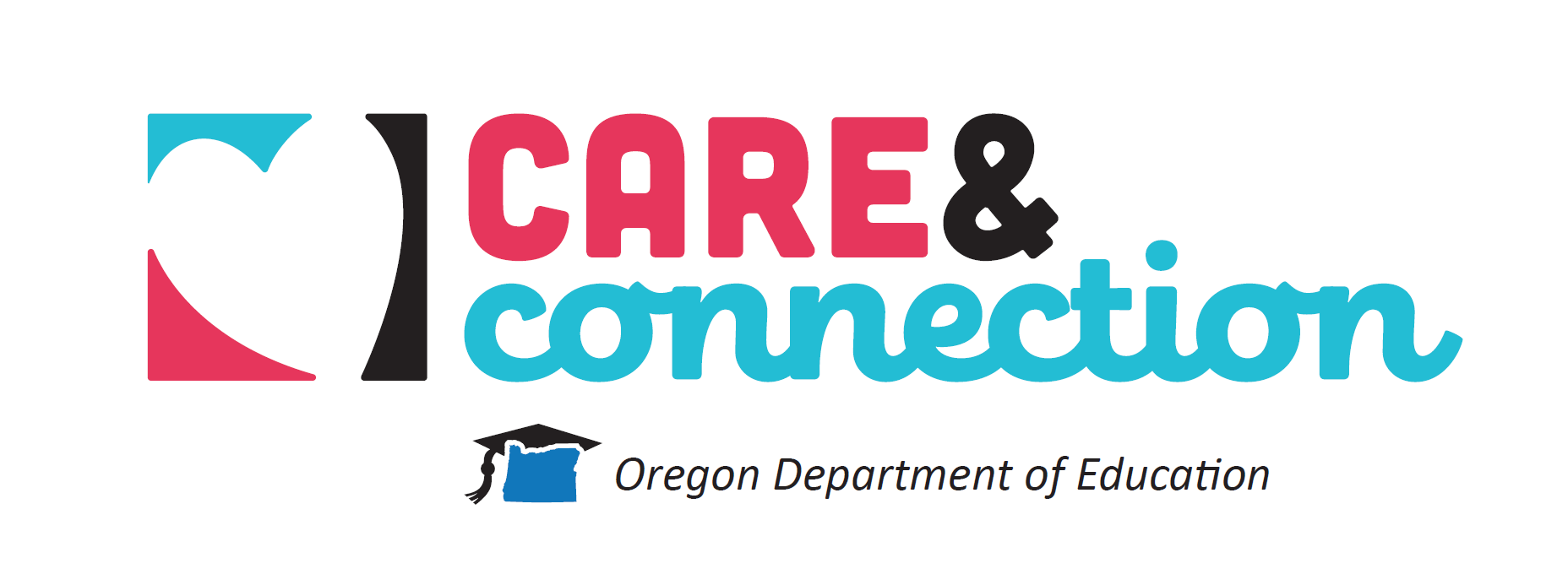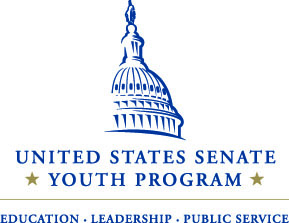Belonging and Wellbeing at the Heart of Learning

Teachers, school staff and administrators are the heart and soul of Oregon schools.
As you welcome students and staff back to the classroom, whether from school closure or holiday breaks, the experiences of the past several years come to the front of my mind, as they may yours as well. Prioritizing classrooms and school communities where students and staff feel safe, cared for, and connected to you, and each other, is how we foster learning.
As we've all learned, returning to school from a prolonged school closure is complex, especially when it's unexpected. As with reopening schools in 2021 and 2022, each of you has developed tools, supports, systems and ways to communicate with school staff and communities that provide a reliable foundation to help staff, students and families through transitions. As you observe staff, students and families experiencing a range of emotions, everything from stress and worry to excitement, we encourage you to draw on the layers of tools that you’ve leaned on in the past. Know too, that your colleagues across the state are both a resource and are interested in learning from you.
Supporting and Promoting Mental Health
The expertise each school district in Oregon has to respond to its community is rich and deep. There are also tools and supports that ODE has offered over the last few years that may be helpful additions or enhancements to your district toolbox. As part of our ongoing commitment to supporting staff and student mental health, ODE has updated several resources to support well-being and belonging during school transitions.
Your schools may have used some of these tools during the past several years:
ODE is committed to working with you to navigate transitions in the coming months in order to ensure that students continue to experience learning communities where they are able to learn and thrive.
If you have questions, please reach out to ODE.HealthySchools@ode.oregon.gov.
________________________________________
*When sharing with staff, add district benefit link if non-OEBB insured.
Free Opioid Overdose Response Kits for Middle and High Schools
 The Oregon Department of Education would like to share a critical resource to help school districts respond to an opioid overdose emergency on or near a school campus. The Oregon Health Authority’s Save Lives Oregon initiative is offering school districts free opioid overdose reversal kits through its Harm Reduction Clearinghouse. Each middle and high school is eligible to receive up to three opioid reversal kits. Each kit includes instructions, emergency medical supplies, and the opioid antagonist Naloxone. Naloxone reverses an opioid overdose giving time for emergency medical services to arrive. This is a crucial step in providing school staff with the resources necessary to respond to an opioid overdose on or near a school campus.
The Oregon Department of Education would like to share a critical resource to help school districts respond to an opioid overdose emergency on or near a school campus. The Oregon Health Authority’s Save Lives Oregon initiative is offering school districts free opioid overdose reversal kits through its Harm Reduction Clearinghouse. Each middle and high school is eligible to receive up to three opioid reversal kits. Each kit includes instructions, emergency medical supplies, and the opioid antagonist Naloxone. Naloxone reverses an opioid overdose giving time for emergency medical services to arrive. This is a crucial step in providing school staff with the resources necessary to respond to an opioid overdose on or near a school campus.
To be eligible to receive up to three no-cost overdose reversal kits per school through the Save Lives Oregon Harm Reduction Clearinghouse, schools must meet the following criteria:
- Be a public, private, or charter school, college or university, or Tribal Community located in Oregon.
- Serve students grade 7 or higher.
Apply for your School’s Opioid Reversal Kits
Additional information and resources related to how your school district can prepare to respond to an opioid overdose can be found in the Fentanyl & Opioid Response Toolkit for Schools. The toolkit is a resource for educators, administrators, school nurses, and students and families in response to a public health crisis related to rising youth and adult opioid overdoses and deaths in Oregon.
This toolkit provides information about how schools can create an emergency protocol to administer naloxone. The toolkit also includes information on how to access, administer, and store this life-saving opioid overdose prevention medication. In addition, the toolkit has resources to support staff training, prevention education, and other resources essential to developing and implementing school emergency response procedures.
Thank you for your work in creating safe and healthy schools. For more information, please reach out to ode.healthyschools@ode.oregon.gov.
Congratulations to the U.S. Senate Youth Winners from Oregon!
 ODE is proud to announce that Alexandra Coltman from Lincoln High School (Portland Public Schools) and Sophie Minot from Crescent Valley High School are our selected candidates for the 2024 United States Senate Youth Program.
ODE is proud to announce that Alexandra Coltman from Lincoln High School (Portland Public Schools) and Sophie Minot from Crescent Valley High School are our selected candidates for the 2024 United States Senate Youth Program.
Alexandra is the student officer spearheading Diversity, Equity, and Inclusion initiatives at Lincoln High School. She is president of the Latine Student Union and is on the school’s Mock Trial team. Alexandra aspires to one day be the first Latina Senator from Oregon and serve on the Judiciary Committee overseeing policy relating to human rights, immigration, and criminal justice.
Sophie serves on her school’s Core Council and as Sustainability Coordinator demonstrates a sincere dedication to driving positive change within her school. She actively fosters multicultural connections and awareness by leading the Breakfast Club and serving as Vice-President of the Cultural Appreciation Club. Outside school, Sophie works with Girls Inc. of the Pacific Northwest Leadership Council.
ODE In the News